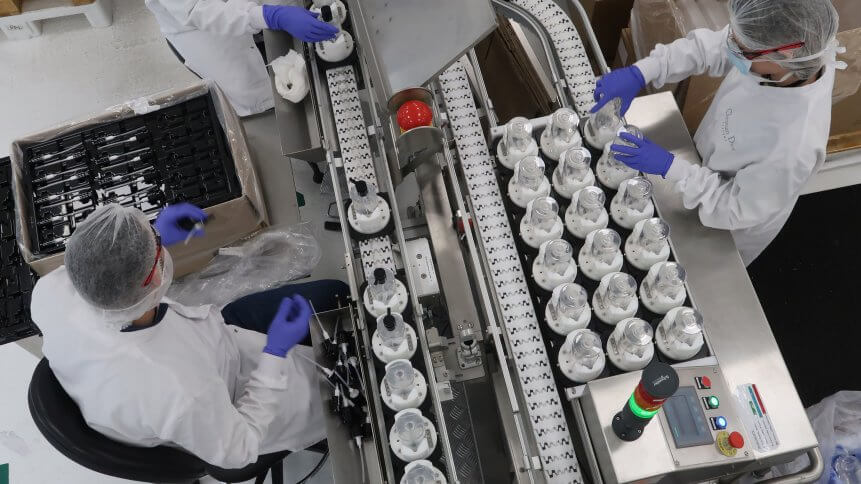Why a global recession is a catalyst for innovation

The COVID-19 Pandemic has already impacted every industry, business, and member of the global community.
During this period of considerable uncertainty, news of an impending worldwide recession can make it difficult to see the light at the end of the tunnel. But it’s worth remembering that recession is also catalyst for innovation.
Many are guilty of taking their success for granted after years of sitting in their comfort zone. But the toughest months of a financial downturn are often the moments where start-up activity surges, and many take risks on new businesses or bringing new ideas to life.
Innovations in technology already make it possible for employees to work and meet virtually with colleagues in a way that keeps everyone safe. But this is just the beginning.
A few years ago, Gary Vaynerchuk famously advised that everyone needed to spend all of their time and energy on creating something that actually brings value to the people you’re asking for money.
The problem facing many businesses at the moment is their customers are currently finding value in new products and services that are more suited to the current climate.
For the majority of people reading this article, it’s not business as usual. But many are becoming increasingly creative to help their business survive the pandemic. However, this is not a time for self-promotion, profiteering, or ego-centric minds. Being purpose-driven and helping others is how success will be defined both now and in the future.
We are already seeing a handful of businesses adapting fast to this shift in mindset. A people-first approach is seeing many focussing on being significant, not successful at a time where customers are searching for new solutions, it’s hope and optimism, rather than another sales pitch that are proving to be a big hit.
Although this sounds easy on the surface, authentic emotional and social intelligence is not a box-ticking exercise.
Overcoming the barriers caused by legacy thinking along with the questioning of ethics and integrity at every level will be challenging for many. It will require leaders to bravely navigate through unchartered waters of new schools of thought and possibilities.
These are just a few reasons why many businesses are choosing to pivot their business to not only survive but play a part in helping the global community fight the coronavirus. However, those that quickly adapt to change and innovate to meet their customer’s new and very different needs will be remembered long after the COVID-19 outbreak.
Innovators not profiteers
Here in the UK, there are two distinct narratives from businesses. Billionaires, such as Richard Branson, Mike Ashley, Tim Martin, and Phillip Green, are hitting the headlines for all the wrong reasons and questionable attitudes towards their staff.
Some short-sighted businesses can even be found profiteering from the global pandemic and shortage of supplies.
By contrast, there is also another narrative. When the French Government asked for help in filling the gaps in medical supplies, within 72 hours, LVMH pivoted from producing luxury perfume to hand sanitizer.
In the UK, BrewDog was forced to close all of its bars. But in a similar initiative, they decided to tackle the problem of hand sanitizer selling out everywhere by using their distillery to make Punk Sanitiser.
Elsewhere, F1 teams stepped up to help with the production of 20,000 ventilators amid coronavirus outbreak. An increasing number of companies are also actively sharing ideas of how they can adapt their business models to survive the period of uncertainty.
Every business and its customers are hurting right now. There is reduced spending on discretionary items across the board. But they will all invest in your products or services if you are capable of eliminating the pains that blindsided them here in 2020.
What the world needs right now are innovative problem solvers that rise to the unprecedented challenges ahead.
It’s also an excellent opportunity for companies to be successful and leapfrog their competition while others are tightening their belts or disappearing altogether. If you dare to look into a crystal ball at how life will be after COVID-19, I suspect it will be the businesses that have adapted and joined the help in the fight against coronavirus that come out on top.
In a world of uncertainty, we can be certain that consumers won’t forget the brands that helped them during the biggest crisis in their lifetime.
Equally, they will avoid those that abandoned them and their staff at a time when they needed them most. With the recession gathering pace, every business will need innovation more than ever.
The only question that remains is in a post-COVID-19 world, how will your business be remembered? But be warned, how you answer could determine the fate of your business.










